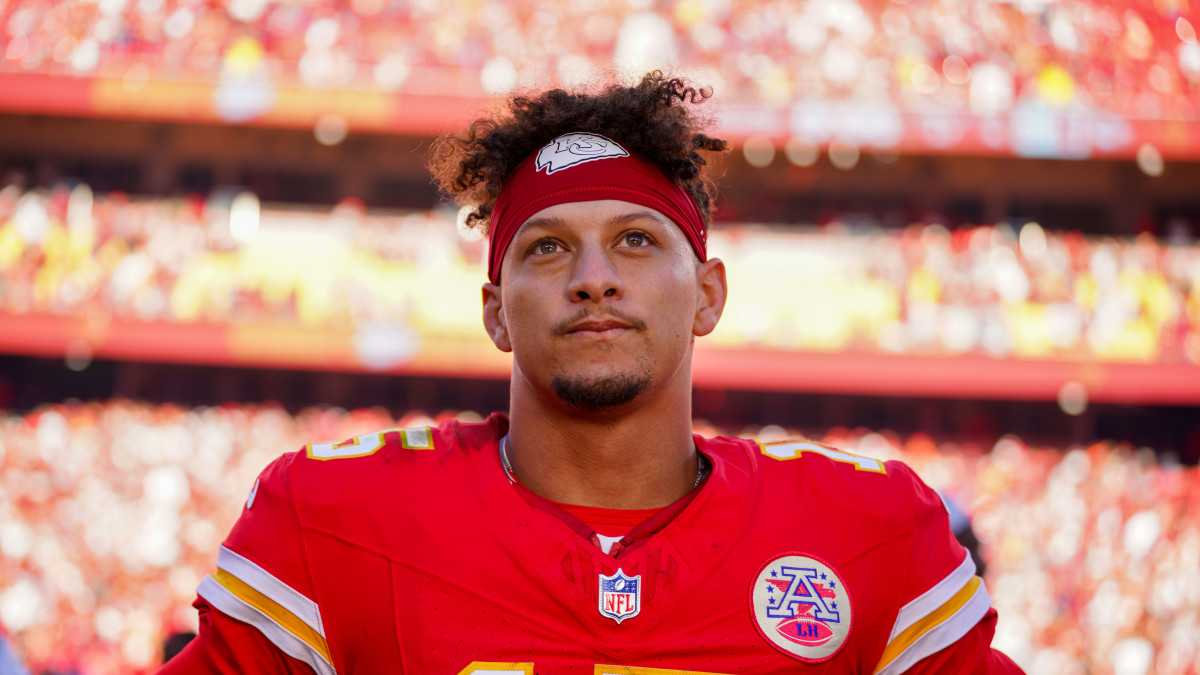
The offer, insiders claim, came with a catch: the team would have to publicly endorse Swift’s campaign for broader social causes through a permanent advertisement in Arrowhead Stadium. The proposed deal wasn’t just about football—it was about image, influence, and aligning the most dominant NFL franchise with one of the most powerful names in global entertainment.
For a moment, the idea seemed unstoppable. Swift’s global fanbase, often called the “Swifties,” could have propelled Chiefs games to unprecedented attention. Merchandise sales, TV ratings, and cultural crossover appeal were on the table. But then Patrick Mahomes, the face of the Chiefs and arguably the NFL itself, issued a fiery response that left no room for compromise.
“The Kansas City Chiefs will never trade our souls for money—not to Taylor Swift, not to anyone,” Mahomes reportedly declared in a team meeting later leaked to the press. The words struck like a thunderclap. Social media immediately lit up, with fans divided between admiration for Mahomes’ integrity and disappointment at the team rejecting what some called a “once-in-a-generation” cultural partnership.

On X (formerly Twitter), hashtags #MahomesStand and #SwiftiesVsChiefs began trending within hours. Some praised Mahomes for defending football tradition, arguing that the NFL must remain about competition and loyalty rather than political or commercial entanglements. Others slammed him for turning away from a chance to connect the sport with younger and more diverse audiences.
The NFL itself now finds itself caught in the crossfire. Commissioner Roger Goodell has long embraced entertainment partnerships—from Super Bowl halftime shows to major streaming deals—but the Chiefs’ defiance highlights an old debate: is the league about football purity, or is it a business willing to adapt to cultural shifts?
Even more intriguing is the personal twist. Taylor Swift has been closely linked to Kansas City through her relationship with Chiefs tight end Travis Kelce, making the reported standoff feel even more dramatic. Fans who once imagined Swift performing at Arrowhead as a celebratory gesture now see the story reframed as a confrontation over values.
For Mahomes, the gamble is clear. By standing firm, he reinforces his reputation as a leader who places loyalty to the Chiefs’ identity above any external pressure. For Swift, the rejection may energize her supporters even further, painting her as a cultural force whose influence extends beyond music.
As the NFL season approaches, one thing is certain: this showdown has transformed a sponsorship negotiation into a defining cultural moment. Football is still played on the field, but its battles over identity and values are increasingly fought off it.




